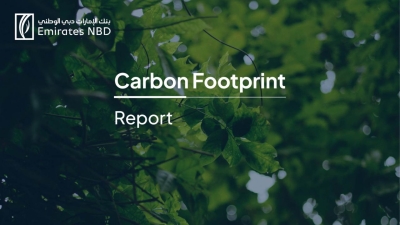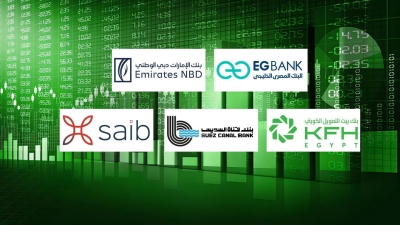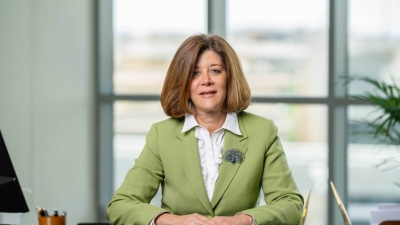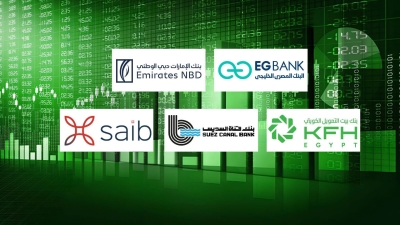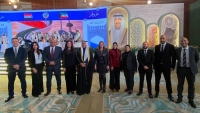Emirates NBD Egypt Releases Its First Financed Emissions Report
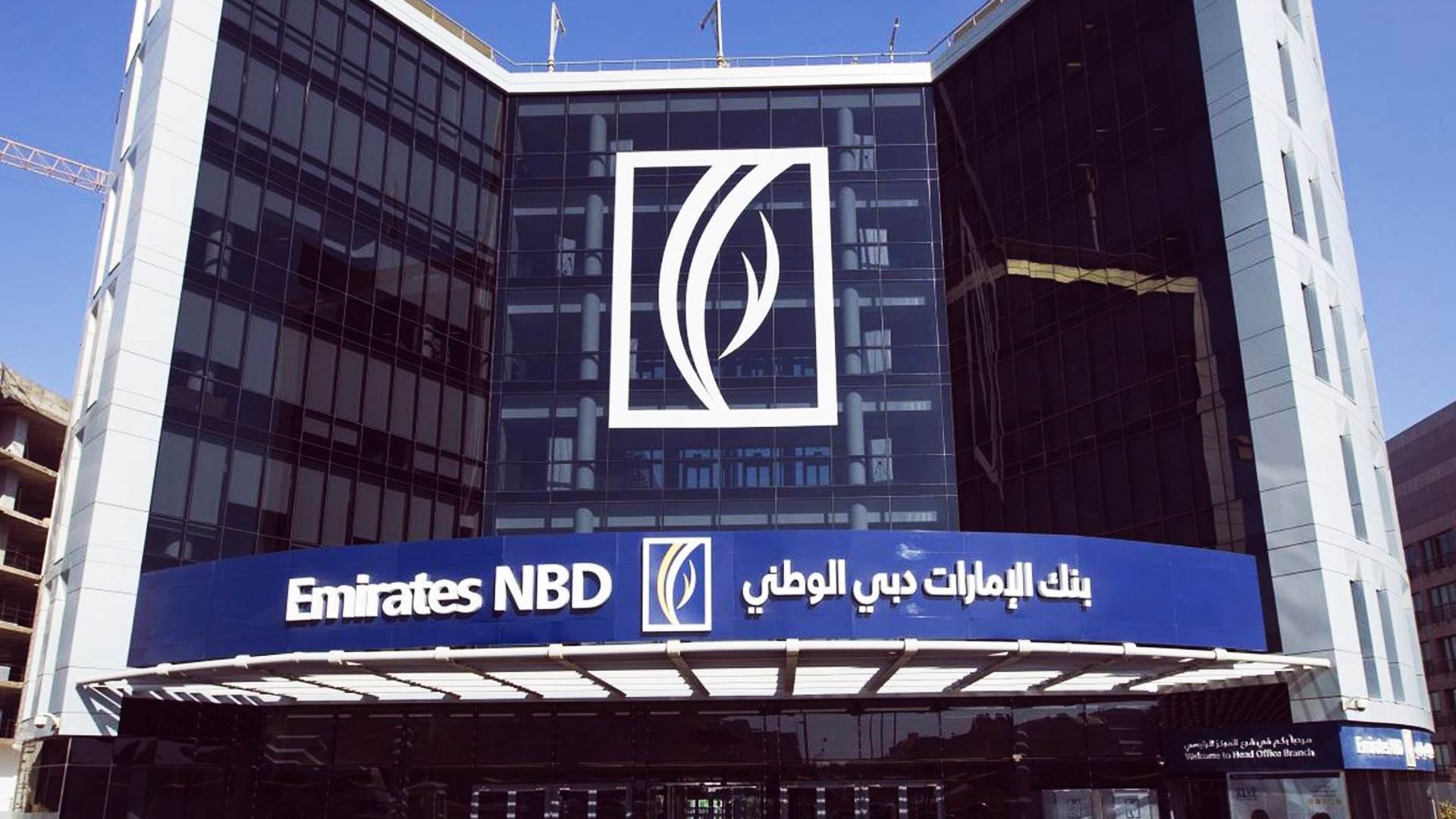
Emirates NBD Egypt has officially released its inaugural Financed Emissions Report, marking a significant milestone in its ongoing commitment to its responsible banking strategy and reinforcing its leadership in advancing the transition towards sustainable finance within the Egyptian market.
This step comes as part of the bank’s broader sustainability strategy aimed at minimizing the environmental impact of its lending portfolio in accordance with the United Nations Sustainable Development Goals (SDGs), Egypt’s Vision 2030, and international standards that place environmental sustainability at the core of modern banking.
This report presents the bank’s first comprehensive assessment of greenhouse gas (GHG) emissions associated with its lending activities.
It serves as a baseline reference for measuring the environmental footprint of its portfolio and setting the foundation for future emissions reduction targets based on scientific principles and rigorous methodologies.
The report focuses on the bank’s large corporate loan portfolio, which represents 73% of total lending. Within this portfolio, carbon-intensive sectors account for approximately 21%, spanning five key industries which are oil & gas, power generation, iron & steel, aluminium, and real estate.
The report was developed in line with the Partnership for Carbon Accounting Financials (PCAF) framework and the Global GHG Accounting and Reporting Standard for the Financial Industry (GHG Protocol), the report underscores the bank’s commitment to upholding the highest standards of institutional transparency and environmental governance.
Amgad Doma, Chief Strategy and Sustainability Officer at Emirates NBD Egypt, said: “This report reflects our vision of delivering a holistic banking model that balances economic growth with environmental stewardship.
He continued:"For us, it is more than a disclosure, it is a testament to our long-term commitment to driving positive change and maximizing the financial sector’s impact on both society and the environment.
He added: “Through this step, we are reinforcing our goal to create lasting value for our customers, partners, and communities, while supporting the transition to a more sustainable banking ecosystem.”
He said: “We fully recognize that emissions from our lending and investment activities constitute the largest share of our carbon footprint. That’s why we firmly believe that transitioning to a green economy is no longer optional, it is a necessity.
He pointed: “ We are committed to positioning Egypt as a regional hub for sustainable finance, in alignment with Egypt Vision 2030.”
According to the report, the total direct financed emissions from the bank’s portfolio reached 8,834,026 metric tons of CO₂ equivalent (mtCO₂e). The oil & gas and power generation sectors collectively contributed over 98% of these emissions.
The bank conducted a detailed evaluation of customers across the five targeted sectors, including emissions from Scopes 1, 2, and 3, to ensure a comprehensive and accurate emissions profile.
These disclosed emissions are linked to outstanding loans worth USD 298.7 million within the large corporate portfolio. These loans span two main asset classes, which are business loans and project finance loans, both assessed using the economic activity-based methodologies in line with international best practices.
The report also confirms that financed emissions constitute the vast majority of the bank’s total carbon footprint, far surpassing emissions from direct energy consumption or operational activities, further underscoring the bank’s commitment to redirecting its investments toward more sustainable pathways.
This report reinforces Emirates NBD Egypt’s role as more than just a traditional financial institution, but a responsible environmental partner aiming to create a wide-reaching positive impact.
It further cements the bank’s position as one of Egypt’s and the region’s leading financial institutions in the areas of green finance and responsible banking practices.


